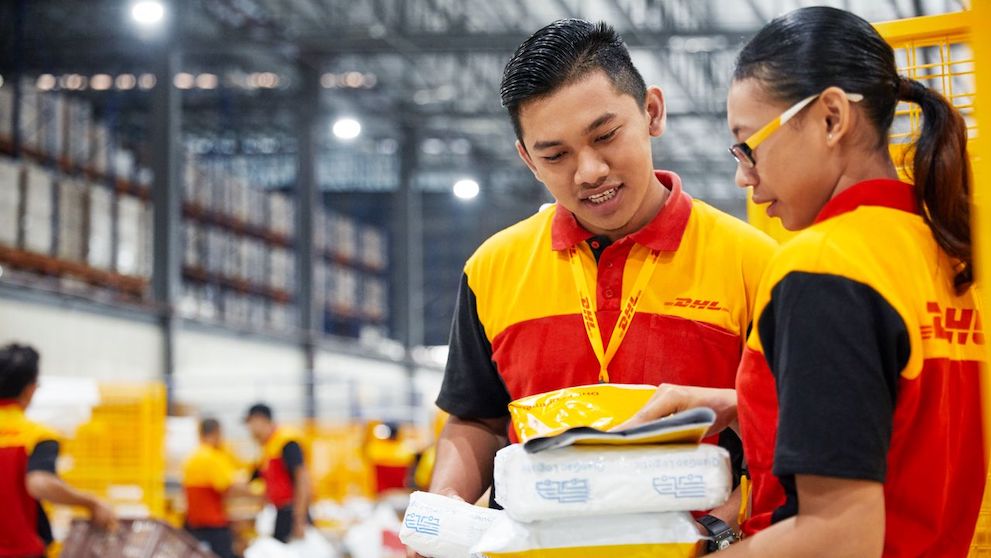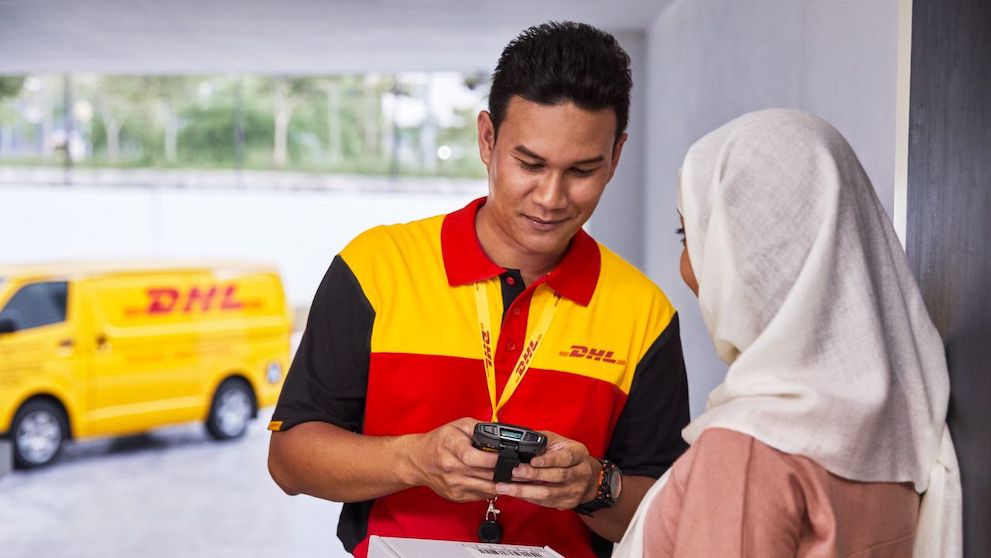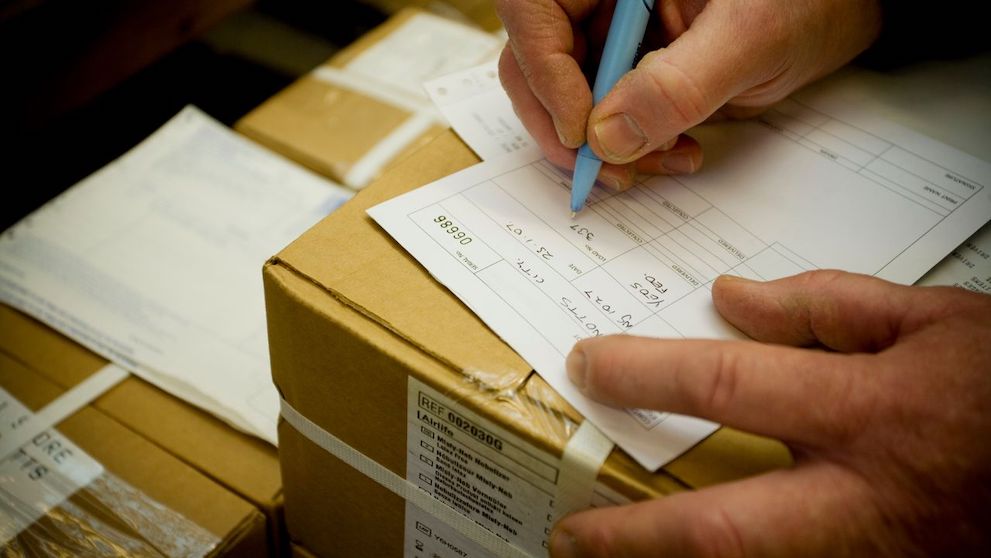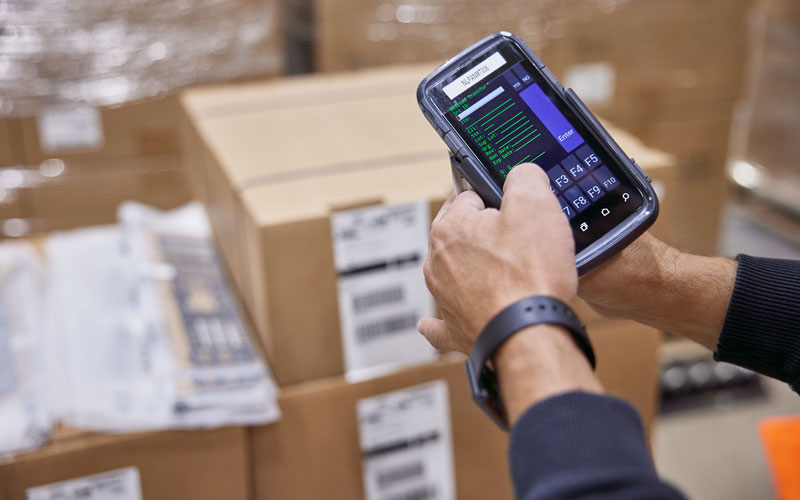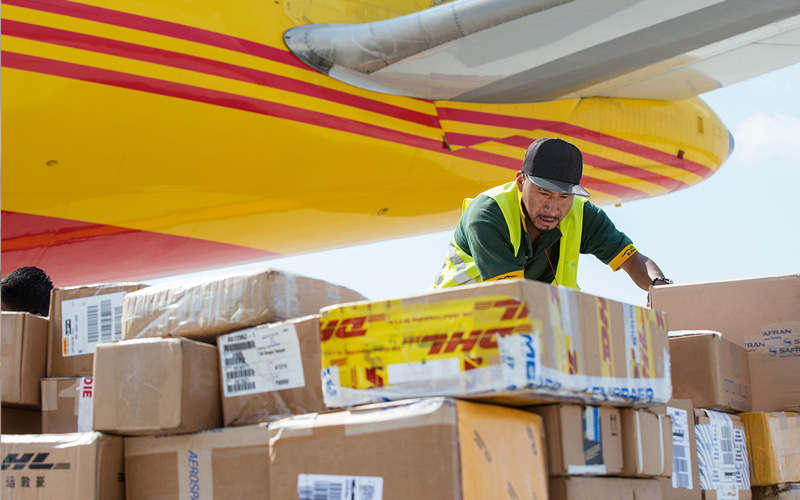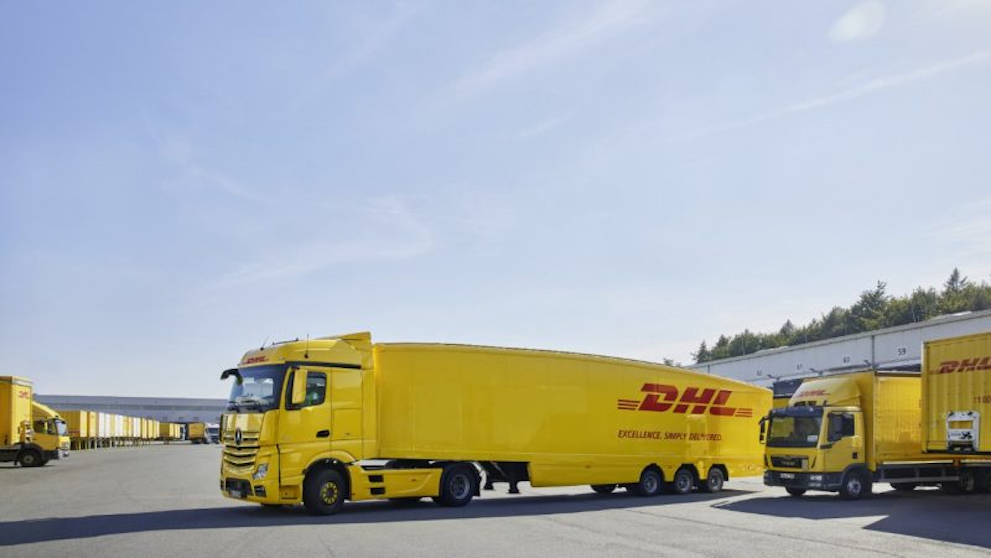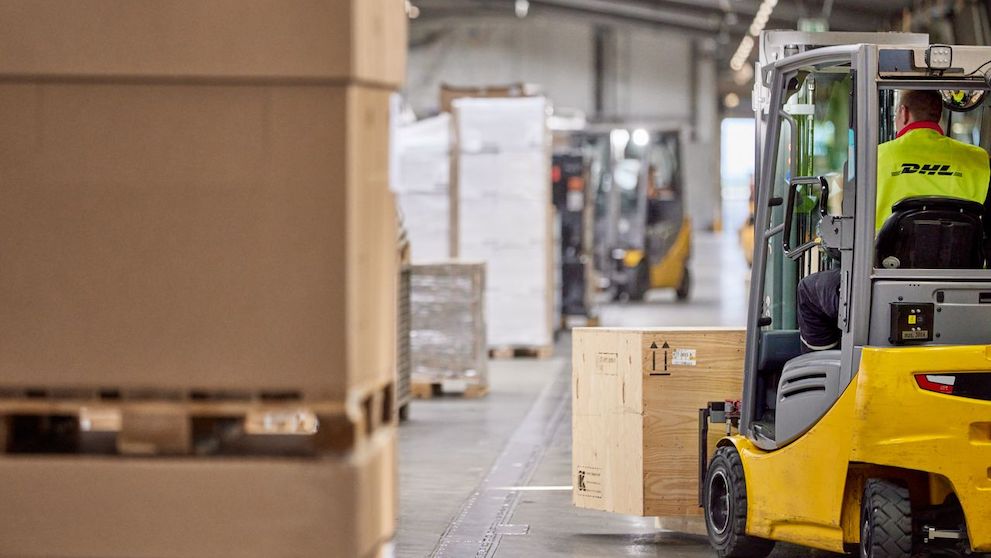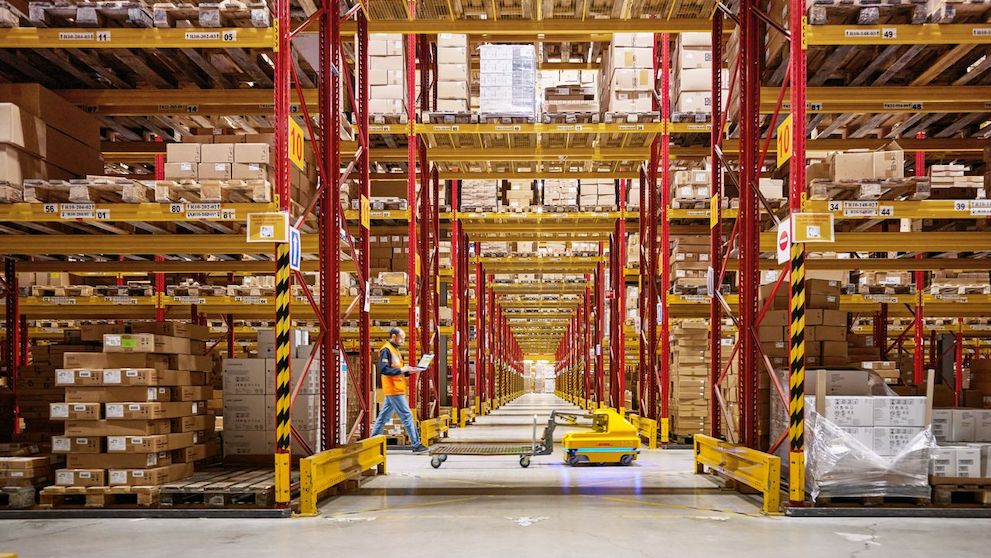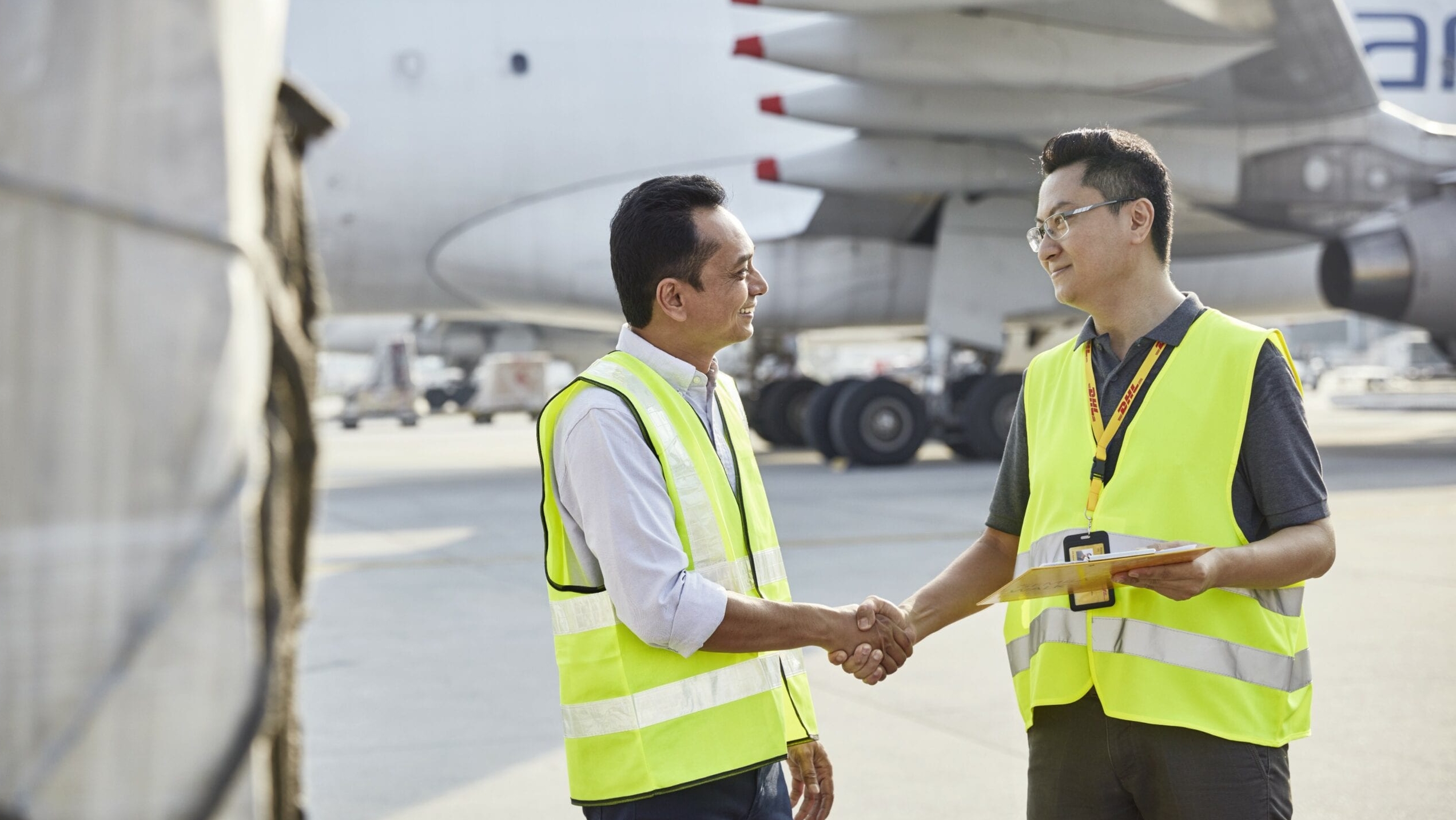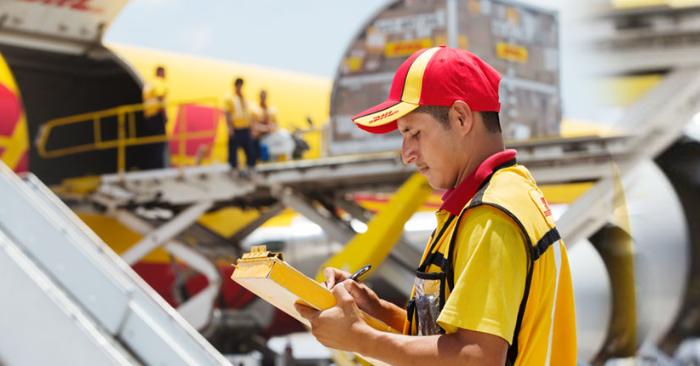A Comprehensive Guide to Semiconductor Logistics & Shipping from Singapore
From the smartwatch on your wrist to the satellites orbiting Earth, semiconductors power almost every aspect of our modern lives. These tiny components are the backbone of the electronic devices and systems that drive our world, making their production and development a critical industry. Among the key players in this global landscape, Singapore stands out as a pivotal hub for fabrication and semiconductor export.
For those working with these high-tech components, understanding the nuances of how semiconductors are shipped from Singapore is essential. Ensuring the integrity and timely delivery of these delicate and valuable items requires thorough knowledge of logistics, regulations, and transportation protocols.
In this guide we’ll explore Singapore’s status as a global hub for the semicon industry, important export regulations, packaging and labelling requirements, and how DHL Express provides reliable shipping solutions for semiconductor manufacturers.
Singapore as a major semiconductor fabrication & export hub
Singapore has cemented its position as a dominant force in the global semiconductor supply chain. According to the Economic Development Board (EDB), Singapore contributed significantly to the semiconductor industry by supplying 11% of chips worldwide and accounted for one-fifth of the global semiconductor equipment market, making it one of the biggest semiconductor exporters by country. Bolstered by a cutting-edge R&D infrastructure focused on microelectronics and nanotechnology, Singapore's manufacturing capabilities span a diverse spectrum, encompassing wafer fabrication, IC design, advanced packaging, and memory modules.
This thriving ecosystem, coupled with the country's strategic geographic location, robust infrastructure, and business-friendly policies, has propelled Singapore to the forefront of the semiconductor industry, establishing it as a key player in meeting the ever-growing global demand for these essential components.
Understanding Singapore’s export controls for semiconductors
Before shipping semiconductors from Singapore, it's imperative to grasp the country's export regulations for the industry. These regulations aim to ensure compliance with international standards, protect national security interests, and prevent the proliferation of sensitive technologies.
Enforcement of these regulations is primarily conducted through the Strategic Goods Control Act (SGCA), which governs the export of strategic goods. The Strategic Goods List (SGL), a key component of the SGCA, outlines the controlled items and their classification, guiding semiconductor exporters on which components require special attention.
To ensure compliance, exporters must obtain the necessary export licences for controlled semiconductors from relevant authorities, such as Singapore Customs. This step is crucial to avoid any legal complications or delays in the shipping process. Additionally, the Singapore Strategic Goods Register (SSGR) meticulously tracks the export of controlled goods, enhancing transparency and accountability throughout the entire process.
Strategies for successful semiconductor shipping and customs clearance
1. Understanding international semiconductor export regulations
Shipping semiconductors internationally requires strict adherence to international export regulations. The Export Administration Regulations (EAR) of the United States and the European Union Dual-Use Regulation are key frameworks that govern the export of dual-use items, including semiconductors.
Accurate classification of semiconductor products using Harmonised System (HS) codes is essential for compliance. Additionally, Export Control Classification Numbers (ECCNs) are used to identify items subject to EAR controls.
2. Duties and taxes
Exporters in the industry must be aware of the applicable duties and taxes when shipping semiconductors. Singapore imposes a Goods and Services Tax (GST) on exported goods, which currently stands at 9% (as of 2024). Import duties vary across countries, and exporters must factor in these costs.
Leveraging Free Trade Agreements (FTAs) can offer preferential tariff rates, reducing the financial burden of exporting semiconductors for manufacturers. Singapore has an extensive network of FTAs, providing opportunities to access global markets at competitive rates. This translates to higher profit margins and a competitive edge for Singapore-based manufacturers.
3. Semiconductor shipping documentation
Accurate and comprehensive documentation is vital for smooth customs clearance when it comes to semiconductor shipping. Some of the commonly required export documents include:
- Export permits and declarations
- Certificates of Origin (CO) for FTAs
- Commercial Invoice
- Packing List
- Air Waybill
Depending on the nature of the semiconductors, exporters might need additional permits from the Competent Authority. It's advisable to consult with experts or freight forwarders to ensure all your documentation is in order.
4. Packaging and labelling requirements for semiconductor exports
Proper packaging and labelling are critical to protecting semiconductors during transit and transportation. Compliance with international semiconductor packaging standards is mandatory. Durable packaging materials, such as anti-static bags and shock-resistant boxes, are necessary to shield against electrostatic discharge (ESD) and mechanical damage to the components.
Accurate labelling in English, including HS codes, safety standards, and origin details, ensures compliance with international shipping regulations and facilitates customs clearance. Manufacturers must pay close attention to these details as improper packaging or labelling can lead to delays, damages, and increased costs during the export process.
Explore semiconductor shipping solutions From DHL Express
Shipping semiconductors requires specialised handling and expertise. DHL Express Singapore offers comprehensive solutions tailored to the needs of semiconductor manufacturers who need to ship overseas. Our services include:
- Hypercare: DHL’s Hypercare provides intensive, round-the-clock monitoring and updates for semiconductor shipments in the crucial initial weeks of international shipping. This ensures a smooth transition into the global supply chain.
- Track & Trace: Even after the Hypercare period, businesses maintain visibility through regular reports and DHL delivery’s Track & Trace tools, offering continuous transparency and peace of mind throughout the shipping journey.
- Customs Clearance Support: Navigating through the complex web of international customs regulations can be daunting. DHL Express Singapore has a deep understanding of the specific customs requirements for shipping semiconductors overseas, significantly reducing the risk of customs-related delays.
- Systems Integration: Advanced systems integration automates tasks like air waybill creation, enhancing semiconductor shipment tracking and overall efficiency. This is especially pertinent when it comes to services like Aircross where supplier-to-supplier coordination is paramount.
- Green Shipping: For organisations looking to reduce their carbon footprint and hit Environmental, Social, and Governance (ESG) targets, DHL offers several eco-friendly shipping choices. With our GoGreen Plus service, you can actively contribute to a more sustainable future by utilising Sustainable Aviation Fuel for your semiconductor shipments.
Why partner with DHL?
DHL Express' extensive global network and expertise in handling sensitive electronics make us a reliable partner for shipping semiconductors from Singapore to any destination worldwide. Our commitment to efficient and secure transportation ensures that your valuable cargo reaches its destination on time and in optimal condition. We offer a range of specialised services, including temperature-controlled shipping and real-time shipment tracking, to meet the specific needs of the semiconductor industry.
Open a DHL Express business account today to experience first-hand how our specialised solutions streamline your logistics, protect your valuable cargo, and ensure on-time delivery worldwide. Our team of experts is on hand and ready to assist you with customs documentation, compliance, and any other challenges you may encounter during this process.









